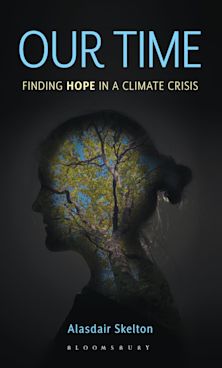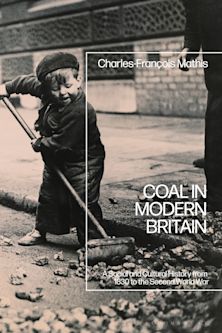You must sign in to add this item to your wishlist. Please sign in or create an account
Description
Trees are special, being bigger than us both physically and metaphorically. Trees: Woodlands and Western Civilization is an account of our relationship with them. Adam and Eve were expelled from Eden for eating from the Tree of Knowledge and the great tree Yggdrasil was central to Norse mythology. Tacitus, followed by German nationalists and historians of liberty, located freedom in the German forests. Medieval forests were both protected hunting parks and the refuge of Robin Hood. Shakespeare contrasted the simplicity of life in the Forest of Arden with the artificial manners of the court, and indeed poets from Virgil to Hardy have drawn inspiration from trees. While eighteenth-century aristocrats controlled trees in plantations around their houses, Romantics delighted in vast untamed forests, and the American Henry Thoreau withdrew into the woods to reintegrate himself with nature. Throughout history, our views of trees have been affected by the changing use of woodland and the effects of deforestation and urbanisation. How we see trees today will dictate how trees are treated in the future.
Table of Contents
Illustrations
Preface
1. Roots and Branches
2. Gods
3. Harts and Boars
4. Exiles
5. Outlaws
6. Lovers
7. Patriots
8. |AltdeutSche Walder
9. Big Trees
10. Patrician Trees
11. Plebeian Underwood
12. Woodlanders
13. Dreamers
14. Experts
15. Green Men
Notes
Further Reading
Index
Product details
| Published | 30 Jun 2007 |
|---|---|
| Format | Ebook (PDF) |
| Edition | 1st |
| Extent | 336 |
| ISBN | 9780826439864 |
| Imprint | Hambledon Continuum |
| Illustrations | 12 |
| Publisher | Bloomsbury Publishing |
About the contributors
Reviews
-
"Richard Hayman's Trees is an entertaining and wise meander through the subject." Reviewed in The London Review of Books, 2007.



































